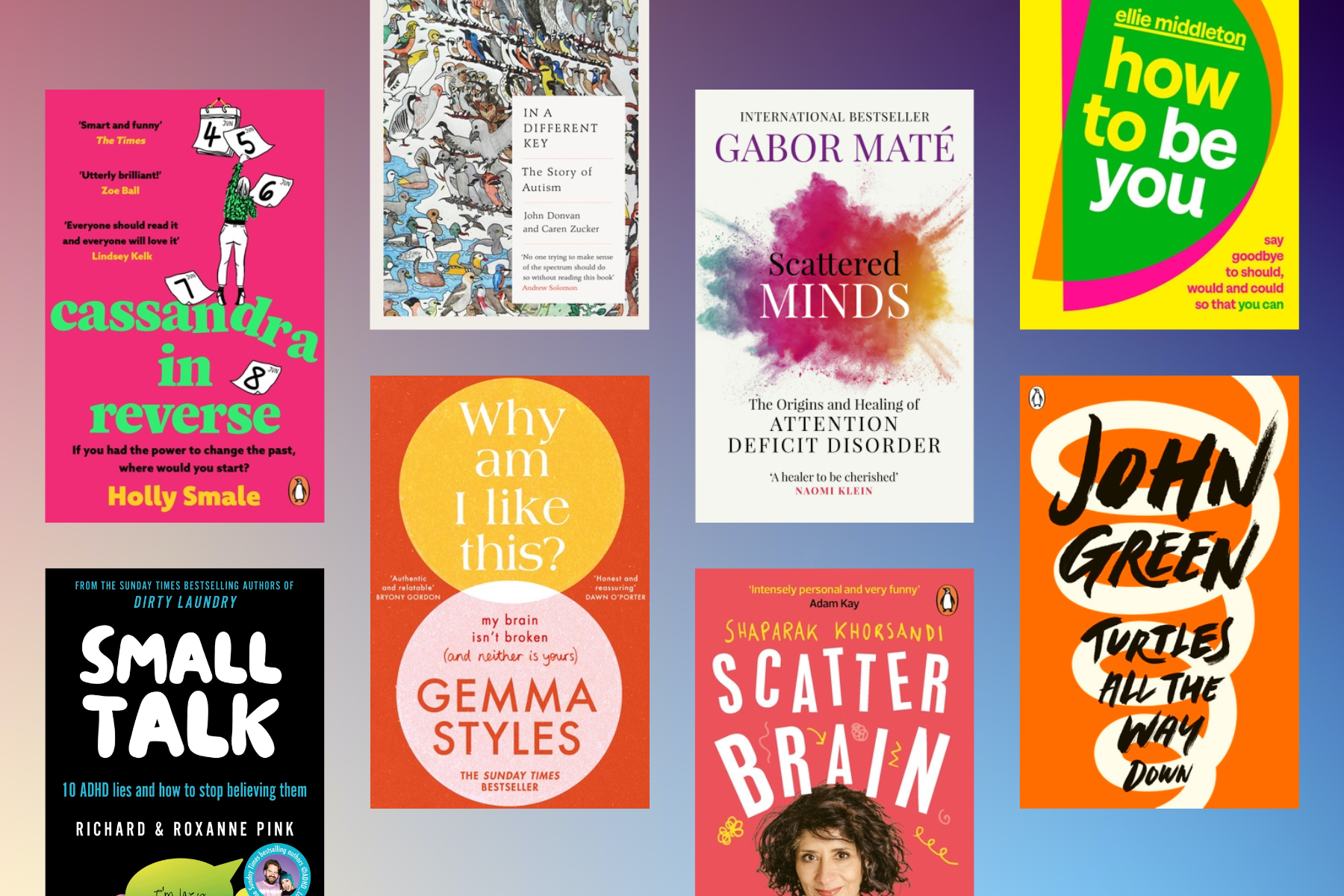Books about ADHD, autism, and neurodiversity

While it may seem to some as though neurodivergence is a relatively new phenomenon, it is clear from writing down the centuries that it has always been present – it just hasn’t been recognised or diagnosed by the names we now understand.
Brains are hugely varied – hence the term neurodiversity, as we use biodiversity to describe the variety of species. Just as some people are visually creative while others are more gifted mathematically, so some have neurodivergent brains which can make navigating a neurotypical world challenging.
Below, we've selected some of the best non-fiction and novels for exploring the world through different minds: both for neurodivergent people to understand themselves, and for neurotypical readers to think differently.